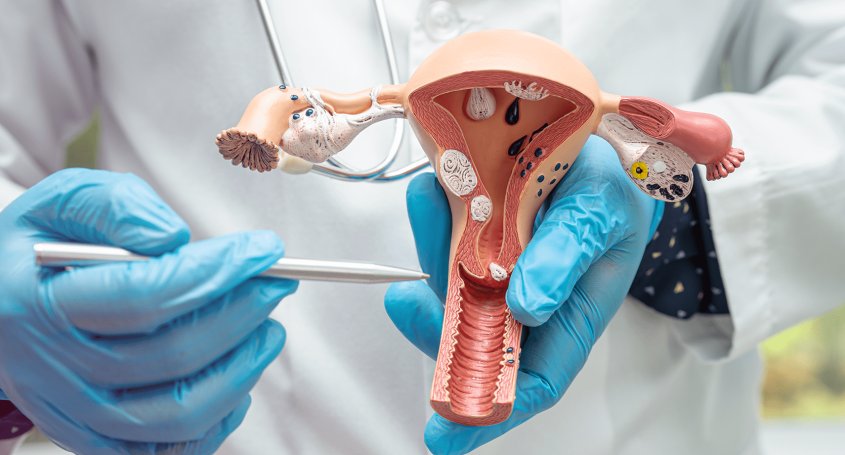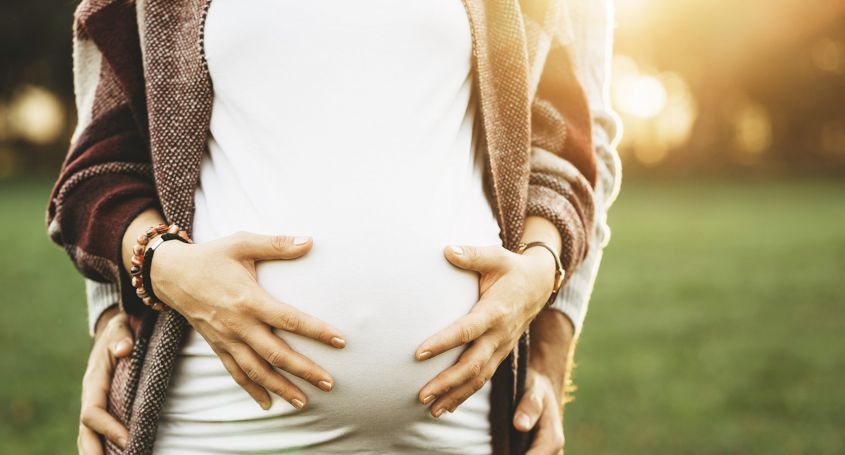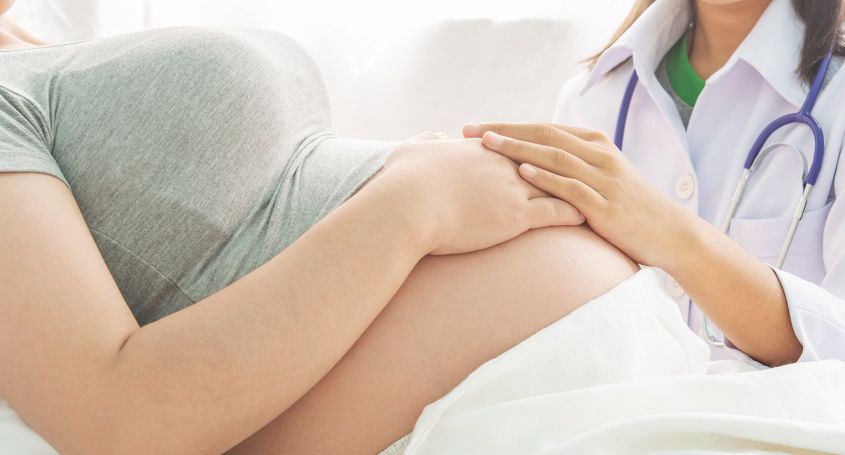Ectopic or extrauterine pregnancy occurs when the embryo implants itself outside the uterine cavity and the pregnancy develops outside the uterus: in the tubes, in the ovaries or in the abdominal cavity. Although rare, it is serious because the uterus is the only organ that is capable of carrying out a normal pregnancy. For this reason, when this occurs, the pregnancy must be interrupted in order to avoid all the complications that might result from its growth.
Is there an increased risk following an assisted reproduction treatment?
In vitro fertilisation has historically been considered to increase the incidence of this pathology, but the truth is that it does not increase the risk of having a gestation of this type. This association is often caused by the fact that many of the patients who undergo these treatments suffer from a previous tubal problem. Endometriosis, previous abdominal surgery or pelvic infections can cause difficulties in gestation or lead to an ectopic pregnancy.
What are the symptoms of an ectopic pregnancy?
The symptoms that can be caused by an ectopic pregnancy are extremely variable. In many cases there is no clinical incidence and in others there may be vaginal bleeding and pelvic pain. In any case, ectopic pregnancy is detected through a blood test and an ultrasound scan.
Women undergoing assisted reproduction treatment have analytical and ultrasound checks from the very beginning, and it is possible to detect a ectopic pregnancy from the 14th day onwards. When the ultrasound does not show any sac inside the uterus, beta-HCG monitoring should be performed.
What does the treatment consist of?
When an ectopic pregnancy is detected, it is necessary to terminate the pregnancy, either with pharmacological treatment or surgery. The treatment to be administered will depend on the patient's clinical condition and the results of the ultrasound and analytical tests.
The pharmacological option is the ideal one, especially if it is done early, as it will reduce the risks associated with surgery. If medical treatment with Methotrexate has been chosen, it will be necessary to wait a minimum of six months after terminating the pregnancy before trying to get pregnant again. In cases of a previous ectopic pregnancy, suspected tubal damage, significant pain, or elevated b-HCG levels, surgery is necessary. In this case, after 2-3 months, it is possible to try to get pregnant again.


















